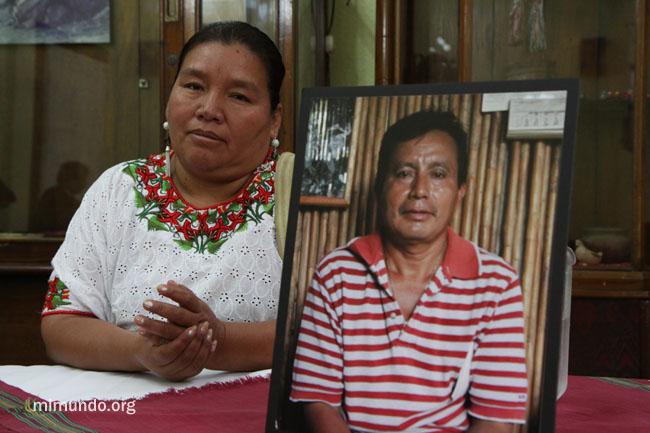The humanitarian crisis in Honduras found international attention this month as the first and biggest migration caravan since the corona pandemic took off in mid-January. A combination of a pandemic, two hurricanes hitting Honduras in later 2020, an abysmal response by the JOH regime and a lack of perspective among the corruption and human rights violation left again thousands of Honduras without any other option that trying to leave. Congress also showed again how it rather worsens the situation of minorities and vulnerablized groups by changing the constitution to forever ban same-sex marriage and abortions instead of using its power to improve the situation of Honduras. There were also setbacks in the Berta Cáceres case and the Guapinol case. Further corruption cases were undermined, meanwhile Honduras dropped further in an international corruption index. Last but not least, JOH’s drug trafficking links prominently reappeared in the national and international headlines thanks to newly released court documents from New York. Welcome to another month in Honduras.
- Home
- About Us
- Issues
- Countries
- Rapid Response Network
- Young Adults
- Get Involved
- Calendar
- Donate
- Blog


